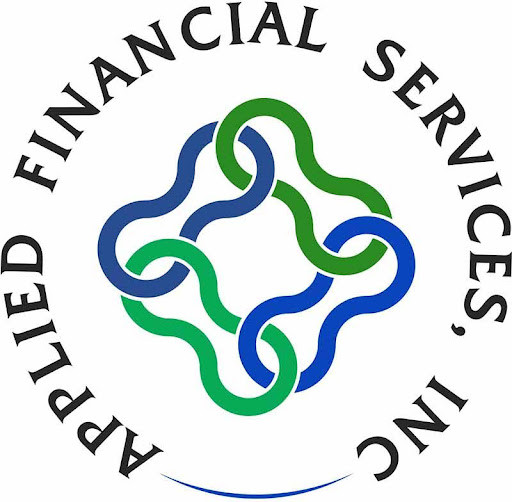The High Price of Cheap Bookkeeping: Roxanne Albin on Building Trust, Access, and Financial Clarity

When it comes to financial services, too many organizations make the costly mistake of hiring based solely on price. Especially in the nonprofit sector, where budgets are tight, leaders often default to the cheapest option. Yet, as Roxanne Albin, MBA, founder of Applied Financial Services Inc., warns, "cheap is not always better." What may seem like a cost-saving decision can quickly turn into an expensive liability when accessibility, expertise, and accountability are compromised.
In such instances, the risks are often apparent. A one-person operation may appear efficient, but it leaves businesses vulnerable. If that individual becomes unreachable due to a personal emergency or simply stops responding, clients can be locked out of their own books. They could be forced to recreate months or even years of financial records and left with compliance nightmares.
A lack of separation of duties significantly heightens the risk of fraud. "If one person is handling everything, from deposits to bank reconciliations, they can cover up embezzlement easily," Albin explains. Proper financial oversight requires checks and balances, not blind trust in a single entity.

Another common misstep is failing to retain direct access to one's own financial records. Too often, organizations relay control to a contractor, assuming they'll always remain reliable. "Your financial data belongs to you," Albin stresses. "If something happens to the person and you don't have access, you're at risk of losing critical information."
Applied Financial Services prioritizes ensuring that every client has full and continuous access to their own books, alongside the firm's oversight.
Albin points out that, beyond technical safeguards, effective bookkeeping is about partnership. Numbers alone aren't enough if the business owner doesn't understand them. "It should be a dialogue," says Albin. "Your bookkeeper should be able to explain your financial statements and help you understand what they mean for your business."
Whether working with high-net-worth individuals, nonprofits, or for-profit businesses, her team focuses on empowering clients to interpret their data and use it to make informed, strategic decisions.
Applied Financial Services has built a reputation for stepping in when organizations have been burned by poor financial support. The firm helps businesses transition smoothly from one provider to another, ensuring proper transfer of records, resetting of passwords, and removal of old access.
In some cases, Albin and her team even act as intermediaries to retrieve documents and software access from prior bookkeepers. "We want to make sure the client is never left in limbo," she says.
Coaching is another pillar of Albin's approach. She works one-on-one with business owners to establish sustainable systems, cash flow strategies, and financial literacy. Her coaching has ranged from helping a nonprofit leader manage grant funding after a difficult year to guiding a young entrepreneur from a high-net-worth family in learning how to budget for the first time.
In both cases, the emphasis was on building not just bookkeeping practices but financial confidence.
That commitment goes beyond clients to the broader community. Albin's firm has assisted small businesses and independent professionals in accessing PPP and ERTC funds, free of charge. For most, that support was the difference between closure and survival.

Applied Financial Services also sponsors Roxy's Ranch Haven, a nonprofit rescue farm dedicated to saving animals, either placing them in loving homes or providing them with a safe haven for life. "Our universal theme is that we really care about our clients, employees and our community," Albin notes.
With nearly a decade in business, a female-owned and operated team of seven, and a diverse client base spanning nonprofits, for-profits, and individuals, Applied Financial Services Inc. emphasizes the importance of expertise and integrity.
Albin's advice for anyone considering a financial services provider is simple: ask questions, look at your financial statements regularly, and ensure the partnership adds value beyond transactional bookkeeping.
"If you're not reviewing your statements in a timely manner, the information is too outdated to be useful," she says. "But if you understand them and use them as a guide, they can help shape your future."
At its core, bookkeeping is the pivotal step for protecting assets, ensuring transparency, and equipping organizations with the clarity they need to thrive. Albin insists that hiring is more than a financial decision, but a safeguard for sustainability, and it's the very message she makes clear: the real cost isn't in paying for quality support, it's in the risks you take when you don't.
© Copyright IBTimes 2025. All rights reserved.




















